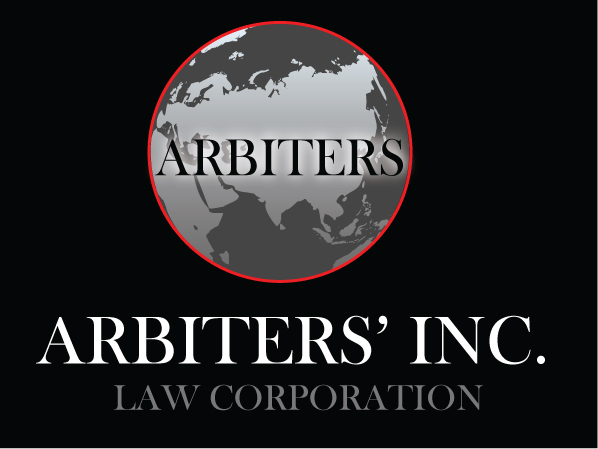Information
Suit No: DAC No 31629 of 2001
Decision Date: 18 Mar 2002
Court: District Court
Coram: Mavis Chionh Sze Chyi
Counsel:
Up
Academy Digest
Criminal Law – Section 411 Penal Code (Cap 224) – Dishonestly receiving stolen property – Whether prosecution’s case proved
Facts – The case involved a charge of alleged dishonest receipt of stolen copier machines – Canon Marketing Services Pte Ltd (‘Canon’) sells copier machines to customers such as Citibank and Credit Suisse – When Canon sells a major machine to a customer, it may at times “bundle” into the sale lower-end machines, such as smaller copier machines, which are presented to the customer as “free gifts” – Sometime in October 1998, Canon discovered that a number of these “free” copier machines which were supposed to have been given to certain customers had not in fact reached these customers – A Canon sales representative, one Jacqueline Karen Teo, as well as a warehouse store supervisor, one Richard Sng Soh Tat, admitted to having disposed of the copier machines – Following police investigations, Jacqueline Karen Teo pleaded guilty in court to criminal breach of trust of 39 Canon copiers; and Richard Sng Soh Tat pleaded guilty to intentionally aiding Teo to commit criminal breach of trust of the 39 Canon copiers. The accused, who runs a company dealing, inter alia, in the buying and selling of copier machines, was subsequently tried on an amended charge of dishonestly receiving 20 to 36 units out of the said 39 copier machines, having reason to believe that they were stolen property – The evidence given at the trial showed that Teo had never dealt directly with the accused and had never met the accused until after Canon’s discovery of the missing copiers – Sng was the only prosecution witness who claimed to have had direct dealings with the accused.
Held – [1] – At the close of the trial, the two main issues at stake were factual in nature – The first issue related to the actus reus of the amended charge: whether the accused did receive “between 20 to 36” copiers out of the 39 copiers – The second issue related to the mens rea of the charge: if he did receive the specified copiers, whether he did so having reason to believe that they were stolen property – The second issue only became relevant if the first was answered in the affirmative – [2] – In respect of the first issue, it was clear that the prosecution’s case rested on Sng’s evidence – Sng was the only person who could establish the nexus between the accused and any of the missing 39 copiers – The court found that he was a witness who could not be believed – His evidence not only contradicted Teo’s in key aspects but was in any event glib, shifty, and fraught with material internal inconsistencies – Although the court accepted that one might choose to believe one portion of a witness’ testimony whilst rejecting other portions (Sundara Moorthy Lankatharan v PP [1997] 3 SLR 464), this principle was applicable only where the portions being rejected related to minor issues – In the present case, it could not be said that the unsatisfactory aspects of Sng’s evidence related to minor issues or that they were immaterial – In the circumstances, any conviction based on Sng’s evidence would have been most unsound and unjust. – [3] – The prosecution also relied in part on the accused’s statements as constituting admissions of some sort – Having considered the recording officer’s evidence as well as the accused’s, the court decided that there was a real risk of the statements not accurately reflecting what the accused had sought to convey – In particular, the court noted that some of the answers recorded were unclear at best and incoherent at worst; yet no clarification was apparently sought – As such, the court did not find the statements to be of any value in establishing the nexus between the accused and any of the 39 copiers – [4] – The accused’s evidence was not without its weaknesses. However, the prosecution bears the burden of proving the charges against the accused beyond reasonable doubt; and they do not discharge that burden by pointing to inadequacies in the accused’s defence: Yeo See Koon Jimmy v PP [1994] 3 SLR 539. – [5] – In summary: the prosecution’s case in respect of the issue of receipt was that the accused received between 20 to 36 copiers which fell within the list of 39 provided by Canon – The only witness capable of establishing the nexus between the accused and the copiers was Sng; and the inconsistencies and anomalies in Sng’s evidence were such that it could not sustain a safe conviction – [6] – The prosecution having failed on the issue of actus reus, it became unnecessary to consider the issue of mens rea – The accused was thus acquitted of the amended charge.
Public Prosecutor v Lee Tuck Hong …Judgment delivered by District Judge Mavis Chionh on 18 March 2002 in DAC 31629/2001, MA 336/2001
Mr Eugene Lee (Deputy Public Prosecutor) for the Public Prosecutor / appellant
Mr Vijay Kumar Rai (M/s V K Rai & Partners) for the accused / respondent
[N.B. The prosecution appealed against the acquittal but subsequently discontinued its appeal.]
